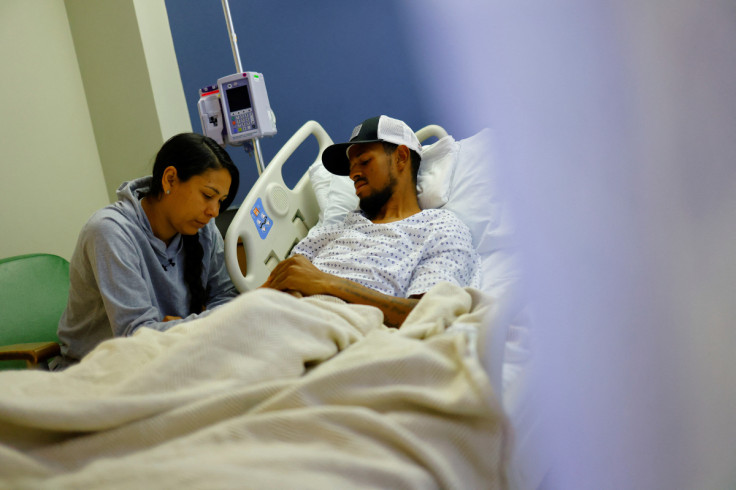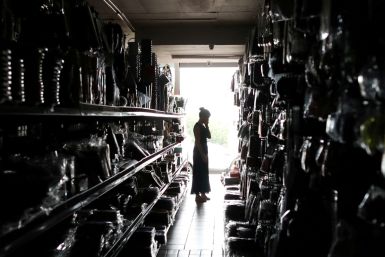Health Minister Commits To Implement National Health Insurance In Phases

Health Minister Dr. Aaron Motsoaledi said on Thursday that the department is committed to implementing the National Health Insurance (NHI) in phases.
During his Budget Vote Speech, the minister mentioned that they are currently in phase 2 of implementation and expressed confidence that the remaining aspects of healthcare will follow smoothly.
Motsoaledi also announced that the department's budget for the 2024-25 financial year is R62.2 billion, which marks a 3.5% increase from the previous year's allocation of R60.1 billion.
He said over the next five years the department will focus on six key areas identified by the World Health Organization (WHO), including leadership, governance, access to essential medicine, the health workforce, health systems financing, information systems and service delivery.
"Five of the six building blocks seem acceptable to everybody and debates around them are straightforward and clear. But one of them has generated a lot of heat and sometimes fury in some quarters. This is the health systems financing. In our country we have decided to call this NHI," he said, SA News reported.
The Minister stated that some believe South Africa is not prepared for the NHI while others argue it is too costly and the country lacks funds for it.
However, he clarified that the NHI is a health financing system, also known as Universal Health Coverage (UHC) according to the WHO. Its aim is to bridge the gap between the wealthy and the poor in terms of healthcare access.
Motsoaledi emphasized to Parliamentarians that South Africa is recognized as the most unequal society globally.
"If you want to see what inequality means, come to the health sector in South Africa. Within the borders of the same country, some are getting world-class healthcare, while others get such poor healthcare you may believe we live in different countries," he added.
The Minister pointed out that such profound inequality cannot continue, noting that South Africa has been looking for a solution for this issue over the past 96 years.
"This is not 5% of the budget of a country, it is the GDP, the total health of a country. In South Africa, we have far surpassed that recommended 5%. We are at 8.5%. European countries are at 9%," the minister explained.
Motsoaledi clarified that South Africa's health system was intended to be as advanced as those in European countries. However, this has not materialized because 51% of the resources serve only 14% of the population while the remaining 49% must cover the needs of 86% of the population.
President Cyril Ramaphosa, who signed the National Health Insurance (NHI) bill into law, explained in May that this bill wouldn't affect private healthcare in the country.
© Copyright 2025 IBTimes ZA. All rights reserved.


















